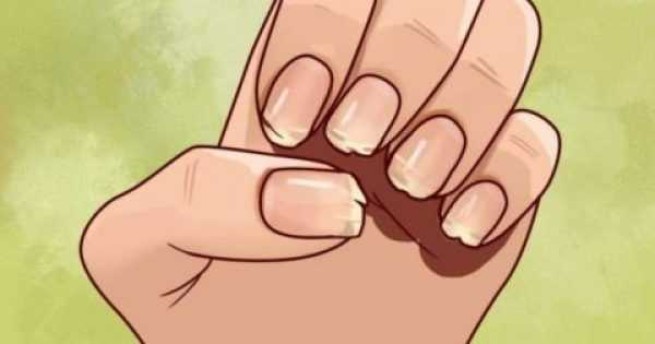Did you know that the word “manganese” comes from the Greek “I clarify, I bring shine”, in other sources – “illusory”. Manganese was assigned “magical” properties and, most likely, for good reason.
Manganese is a component of several enzymes necessary for the normal functioning of almost all body systems. A lot of manganese is found in unrefined grains, bran, wholemeal flour, green leafy vegetables, cranberries, peppers, meat, but especially a lot of manganese in tea and cocoa. You can increase the absorption of manganese by supplementing with zinc and vitamin C. The daily requirement for manganese is 2-9 mg.
Manganese deficiency can be diagnosed by: microelement analysis of hair. Also, with a lack of manganese, its content in the blood plasma decreases below 0.3-1.0 μg/l and in the urine below 0.1-1.5 μg/l.
This mineral element has antioxidant properties and is necessary for bone growth, wound healing, as well as the metabolism of carbohydrates, amino acids and cholesterol. Manganese is also necessary for healthy and strong bones. It is also essential for the absorption of other vitamins such as B and C. Finally, it promotes brain health and protects the body from cancer.
Manganese deficiency may cause weakness, nausea, vomiting, as well as hearing loss, brittle hair and nails. In the most extreme cases, it can cause paralysis, blindness, infertility and seizures. To avoid these risks, eat a diet rich in manganese:
- Seafood. Mussels, clams and crayfish are just some of the seafood rich in manganese. Seafood is also rich in vitamin B, omega-3 fats and essential amino acids.
- Nuts and seeds. Hazelnuts, pecans, walnuts and macadamia nuts are rich in manganese. In addition, they are rich in fiber, vitamin E, copper and magnesium.
- Spinach. Dark green leafy vegetables are some of the healthiest foods on the planet. Just one cup of spinach contains about 2 times the daily value of vitamin A and more than 6 times the daily value of vitamin K.
- Whole grain products. You will benefit if, in addition to the required dosage of manganese, you enrich your diet with whole grains. Brown rice, oats, quinoa and cinnamon reduce the risk of type 2 diabetes, heart disease and some types of cancer.
- Tofu and tempeh. These classic meat substitutes for vegetarians are healthier than you think. Tofu is not only rich in manganese, but also calcium, copper, iron and omega-3 fats.
- Lima beans. Chickpeas, white beans, black beans, red beans, and lima beans are essential for maintaining health. Beans are rich in fiber, vitamin C and magnesium.
- Black tea. One of the easiest ways to get enough manganese is to drink black tea. Black tea is also good for the heart and bones.
This is interesting to know. The ancient Greek philosopher Thales of Miletus studied samples of a black mineral that attracts iron. He called it “magnetis litos” – a stone from Magnesia, a mountainous area in Thessaly, eastern Northern Greece. It is now known that it was magnetic iron ore – black iron oxide Fe3O4. Also about the manganese compound (English Manganese, French Manganese, German Mangan) pyrolusite (MnO2), its ability to discolor glass is mentioned in the writings of Pliny.







More Stories
Magnesium-rich foods that also protect against cancer
Toothpaste causes cancer
Myth: The perfect body for summer